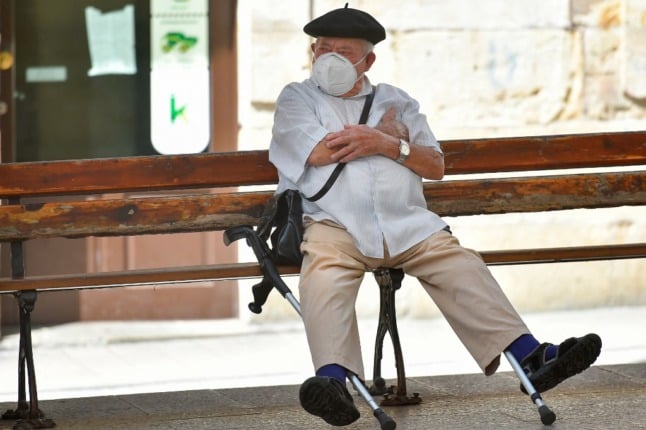The new age modelling published by the Swiss Federal Statistics Office (FSO) highlights the increasing life expectancy of Switzerland.
Under the model, boys born in Switzerland in 2017 are projected to live an average 81.4 years. For girls, that figure is 85.4 years.
That is up from the 76.3 years for men and 82.1 years for women projected for people born in 1997.
A century of huge rises
From 1876 to 1917, Swiss life expectancy jumped from 43 to 63 for men and from 47 to 70 for women. A drop in infant mortality and deaths from infectious diseases were responsible for these increases, according to the FSO.
Life expectancy increases from 1917 to 1967 can be put down to a drop in deaths from cardiovascular diseases, especially among older people, the stats office said.
According to World Health Organization (WHO) figures from 2015, Swiss men had the longest life expectancy in the world (81.3 years for boys born in 2015) while Swiss women came sixth with a projected life expectancy of 85.3 years.




 Please whitelist us to continue reading.
Please whitelist us to continue reading.
Member comments